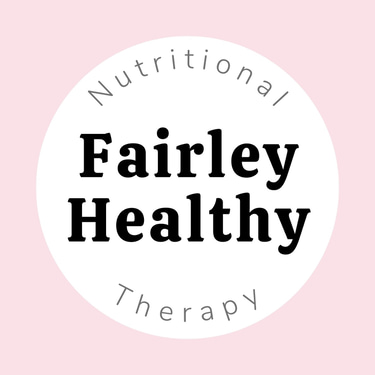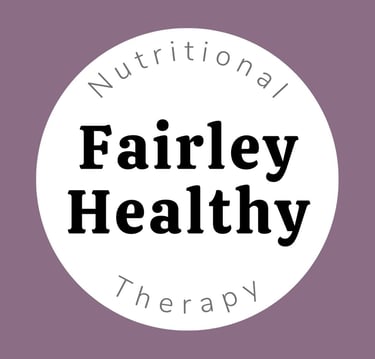The Hidden Benefits of Bitter Foods (and How to Actually Enjoy Them)
You don’t need another supplement - you need more bitterness.
7/2/20254 min read
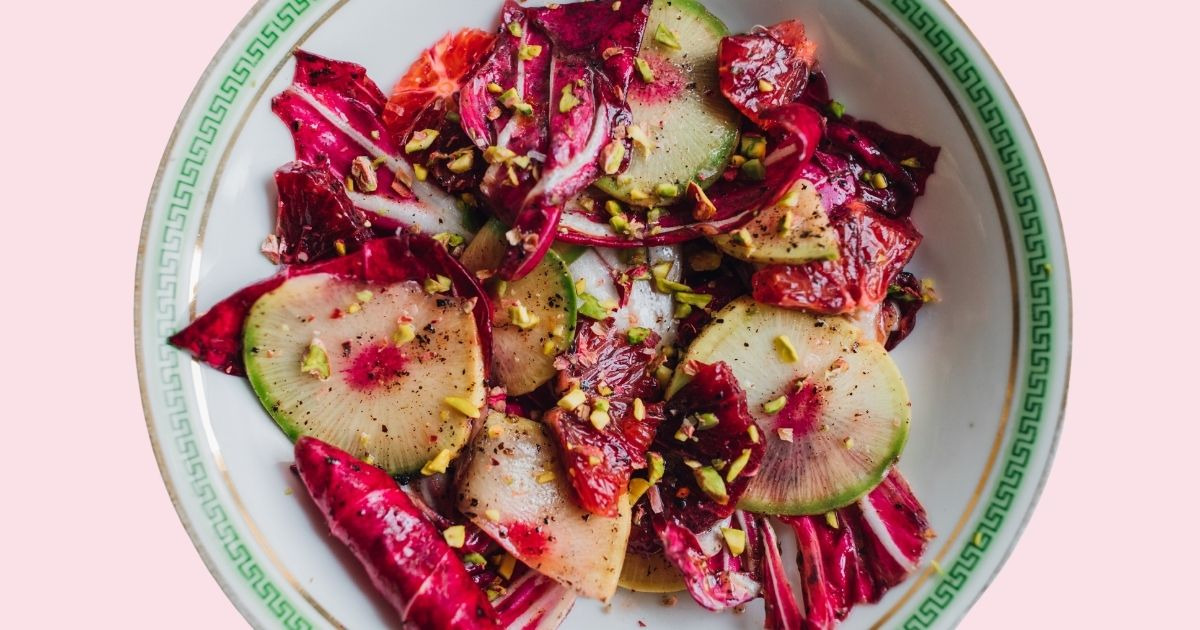

Digestive magic
Bitter foods help stimulate bile flow, a key part of how your body digests fats and clears out waste. Bitter flavours actually get your whole digestive system fired up. They encourage digestive juices as well as bile flow - all the behind-the-scenes action that helps you absorb nutrients properly and avoid that post-lunch bloat.
In fact, having bitter foods at the start of a meal (like a small salad of rocket or watercress) is a traditional way to stimulate digestion. It gives your body the signal: “Food is coming, let’s get everything going.” It’s a simple ritual with powerful ripple effects.
Better digestion = better nutrient absorption = happier hormones.


You don’t need another supplement, you need more bitterness.
The kind of bitterness that wakes up your digestion, clears out excess hormones and leaves you feeling lighter, clearer and more balanced.
If you’re dealing with bloating, PMS, heavy periods, skin flare-ups or general hormonal mischief, it might be time to invite a little bitterness into your life. And no, I don’t mean emotionally (though journalling your rage is great too).
Let’s look at why your hormones love bitter foods and how to enjoy them without feeling like you’re chewing on a dandelion straight from the pavement.
Why bitter foods are a hormonal secret weapon
Liver support (aka your hormone HQ)
Your liver is a key player in clearing out excess hormones and keeping levels balanced. If your liver is a bit sluggish (hello alcohol, stress, caffeine, processed foods and toxins), that clearance can slow down and you may end up with symptoms of hormone imbalance: PMS, anxiety, bloating, cramping, mood swings, heavy periods, and skin issues.
But the liver does much more than manage hormones. It filters toxins, processes medications and alcohol, regulates blood sugar, supports immunity and even helps with fat metabolism. If the liver is overloaded or undernourished, your whole system feels it, from brain fog and fatigue to stubborn weight and skin flare-ups. It's your body's internal alchemist, and it deserves a little daily reverence.
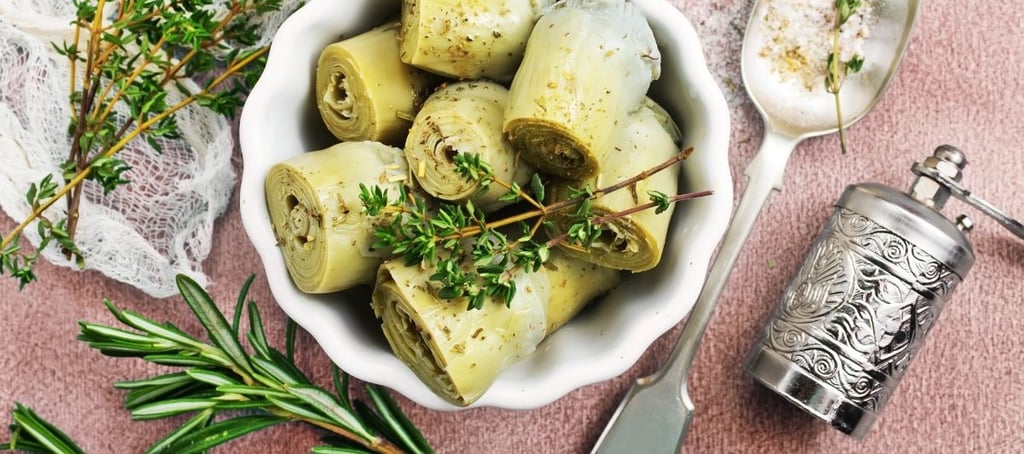

The best bitter foods for hormone health
You don’t need to start knocking back shots of artichoke juice or eating chicory by the fistful. Start simple, seasonal and practical.
Here are some of the best bitter foods to include:
Rocket – peppery and easy to throw in salads and blended into sauces and pesto
Dandelion leaves –they grow wild and yes, they’re safe if clean. Warning these are super bitter but they pack a punch health wise.
Radicchio and chicory – beautiful bitter pink salad leaves
Watercress – another peppery salad packed with nutrients
Kale, mustard greens and turnip tops – great cooked with garlic and lemon
Artichokes – fresh or in jars, they love your liver
Citrus – zest the peel into salads, juice into dressings or even teas
Turmeric and ginger – warming bitters with anti-inflammatory powers
Dandelion root – roasted and brewed as a herbal 'coffee'


How to actually enjoy bitter foods (without pretending you like them)
Let’s be honest, if you’re used to sweet or salty flavours, bitter foods can be... jarring. But your palate can adapt. And you don’t need to go full herbalist to get the benefits.
Here’s how to make it easy (and kind of delicious):
1. Balance with acid and fat
Bitterness pairs beautifully with citrus, vinegar and healthy fats. A simple salad of rocket, orange segments, olive oil and a sprinkle of salt can completely change the way you feel about leaves.
2. Cook them down
Cooking bitter greens takes the edge off. Sauté kale or mustard greens with olive oil, garlic and a splash of apple cider vinegar. Add toasted seeds or a poached egg for extra joy.
3. Sip, don’t chug
A daily cup of dandelion root ‘coffee’ is gentle liver love in a mug. Add a dash of cinnamon or milk if needed.
4. Use bitters before meals
Herbal bitters (in tincture form) taken before meals can help prime digestion. Look for blends with ingredients like gentian, dandelion, artichoke, burdock, wormwood or barberry.
5. Add them to things you already eat
Throw a handful of watercress into your smoothie, stir some radicchio into risotto, or toss rocket into scrambled eggs. Sneaky and satisfying.
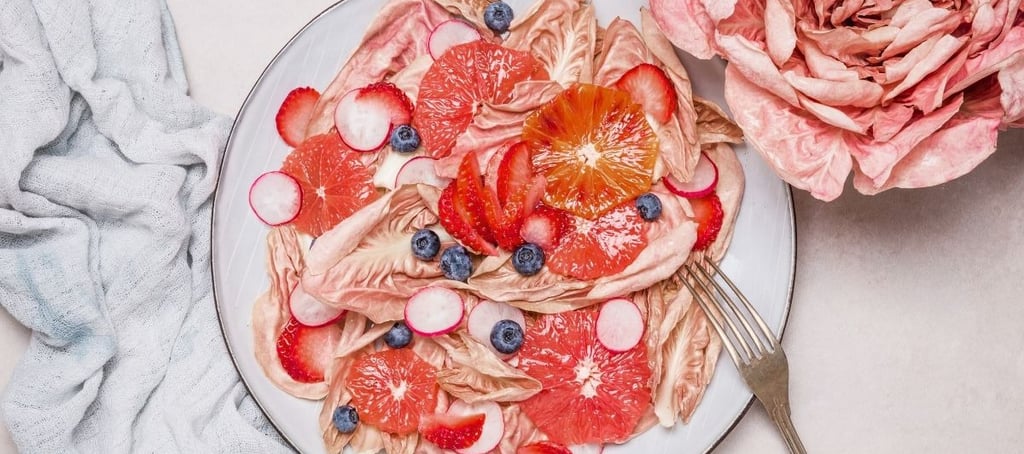

A note on the seasons (and your body’s cues)
Bitter foods tend to grow in spring, a time when nature supports detox, renewal and upward energy. This is no accident. Our bodies often crave lighter, cleansing foods as we shift out of winter. If you’re feeling puffy, sluggish or emotionally swampy, that might be your body asking for some bitter love.
You don’t need to overhaul your diet or force-feed yourself salad to support your hormones. But gently weaving in bitter flavours (especially at times of hormonal flux like before your period, during perimenopause or after a weekend of wine and cheese) can make a big difference.
Think of it as a love letter to your liver. A tiny daily ritual. A small bitter thing that helps you feel a little sweeter in yourself.
